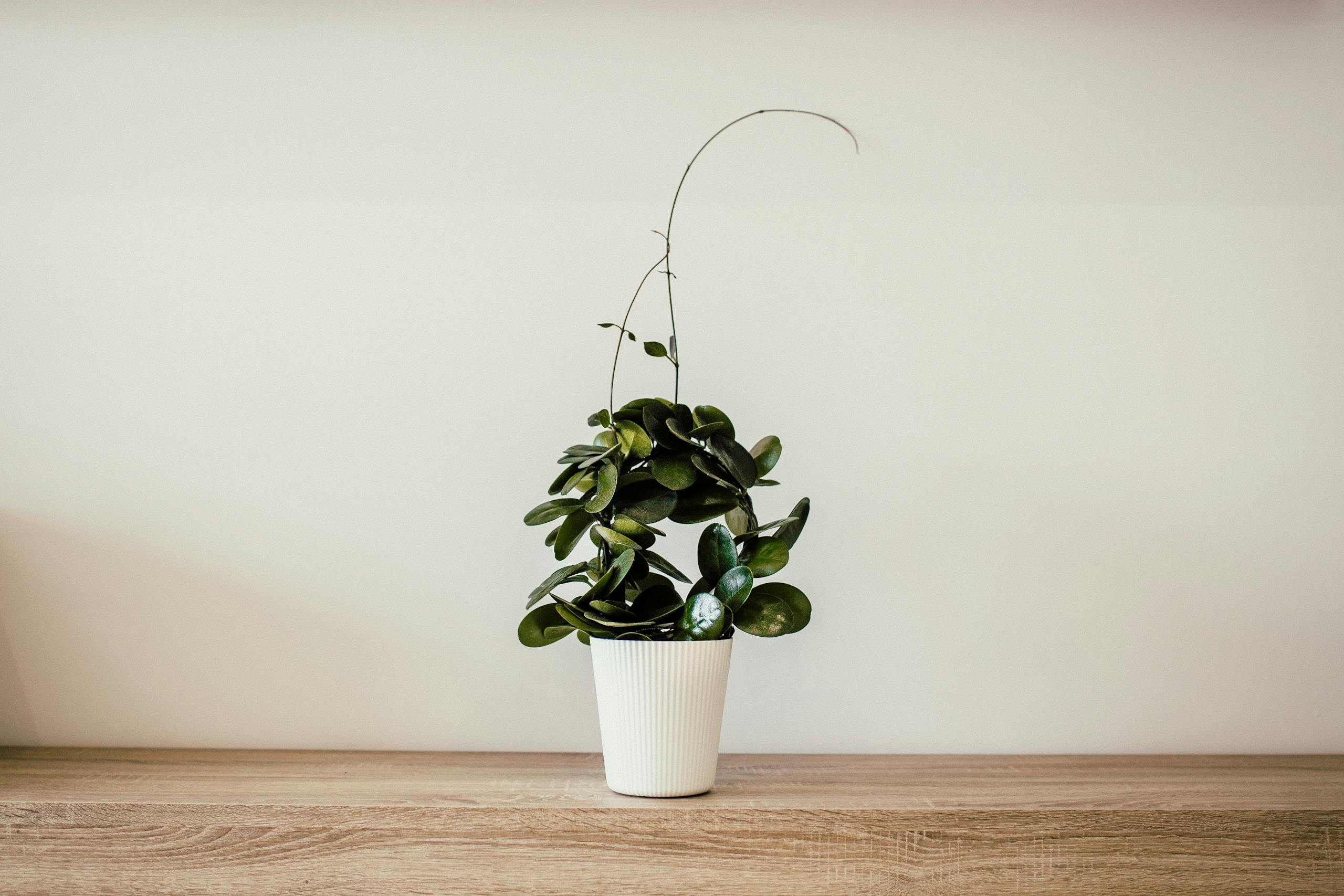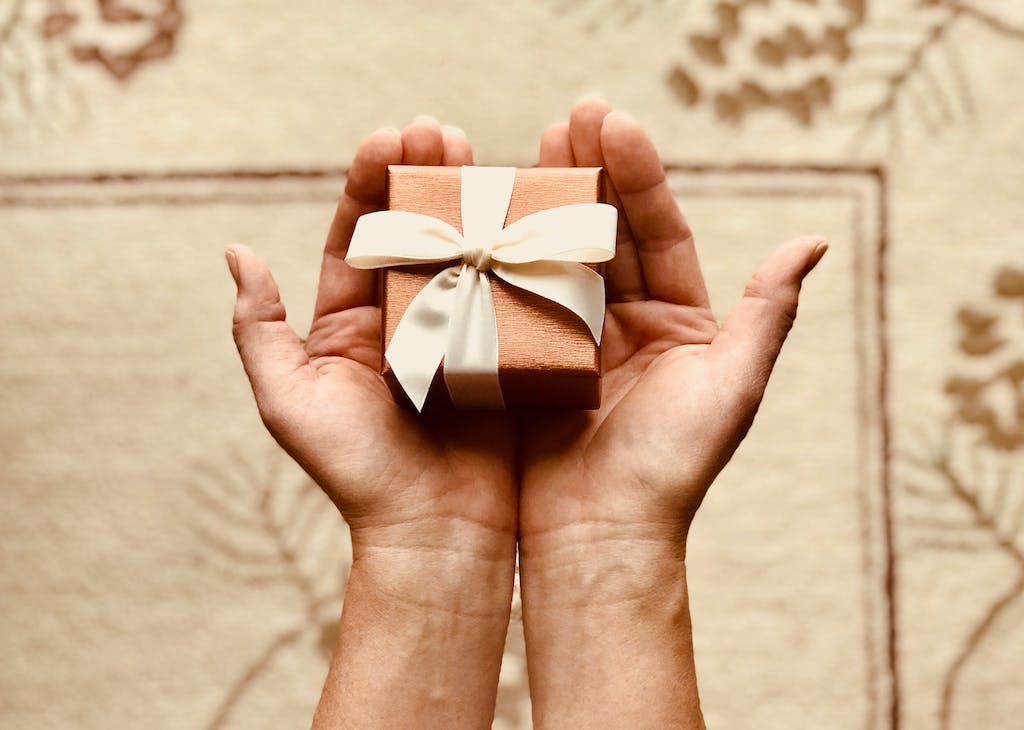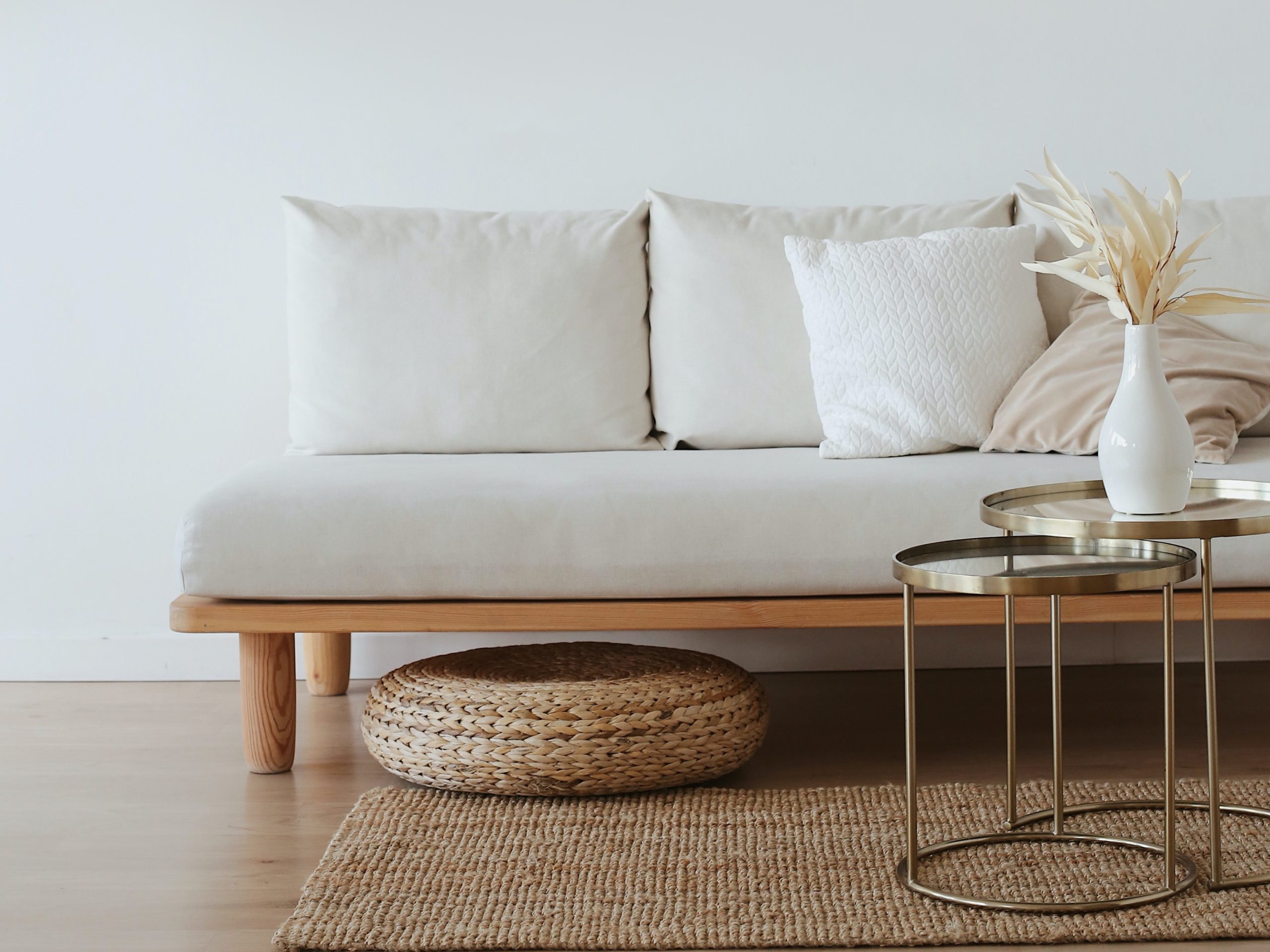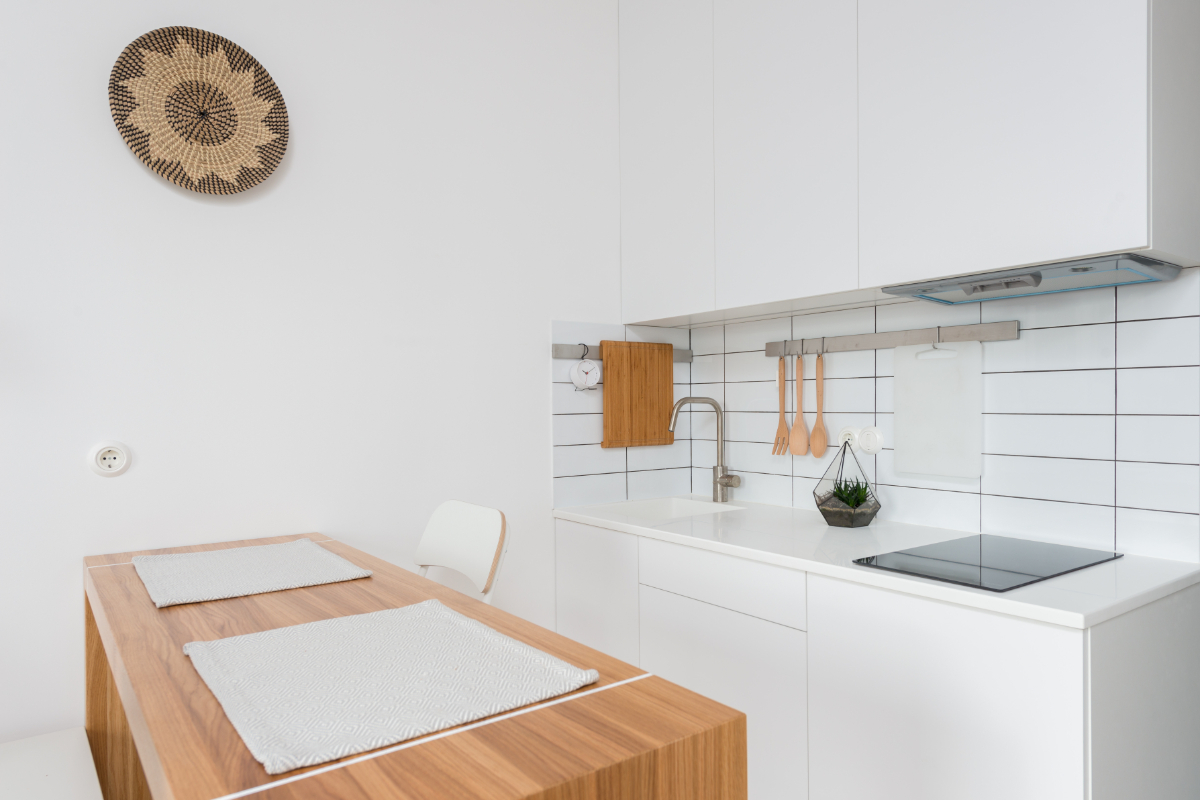Let Go of Guilt: Don’t Hang on to Possessions Out of Obligation
There are some affiliate links below, but they are all products I highly recommend. For more info, view my disclosure here.
As you continue down the minimalist path, you’ll discover that some items are more difficult to part with than others. Sentimental possessions tend to be some of the toughest to let go because of guilt. We attach sentiment to our stuff for various reasons.
It can be difficult to let go of possessions that we no longer use or that we feel guilty about discarding. But in the long run, it’s often better to rid ourselves of unnecessary clutter and stress.
Whether something is associated with a childhood memory or was left to us by a cherished loved one, such items have a great deal of emotional attachment and feel guilt when contemplating giving it away.
However, holding onto them can often bring us more negative feelings than positive ones in the long run. Here’s why you shouldn’t hang onto things out of sentimentality or guilt.
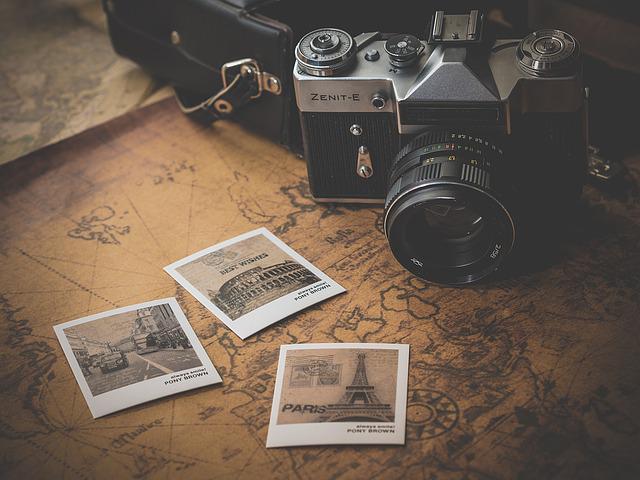
You are Not Your Stuff
It’s common, as humans, to incorporate our possessions into our identity. We see the things we own as part of us, things that are a reflection of our personality and character. This can be especially true of sentimental belongings. Try to break free of this mentality by reminding yourself you are not your stuff.
Just because something holds memories or significance in your life doesn’t mean that the actual physical item must remain. You can gently send your stuff onto a new home yet hold onto the memory without guilt.
This can be easier to do if you take a photo of the item or scan things like documents or photos. Keeping digital files of mementos takes up far less physical and emotional clutter. You may even wish to journal about your things before sending them onto another place.

Your Memories are More Important
Memories are what matter most. You don’t always need to keep the physical possession in order to hold onto its emotional significance. Contemplate on each piece before deciding whether to let it go. Determine whether an item brings you real joy, how you can incorporate it in your life and surroundings, or if you can truly benefit from keeping it.
This contemplation can help ease the decision to let something go. You may also wish to think about the person who gave you the thing and whether they would want you to feel burdened by it. Chances are, your loved one would only want you to keep something that brings you joy. It may also help you to pare down if you keep just one item from each significant person or event.
Letting Go of Guilt Over Possessions is Freeing
Making purposeful choices about what items to hold onto is a very liberating act. When you understand your rationale and act accordingly, you’ll be more content with your decisions. You’ll also be happier with the end result of having less clutter. Donating items to those who may really need or enjoy them can also be liberating. Keep that in mind when deciding which possessions to part with.
Perhaps you know someone who is starting a new life and could use some household goods or maybe you have a friend who is a collector that would truly appreciate your mother’s antique clock. Letting go with intention and purpose is definitely freeing.
Keep these tips in mind when deciding whether to get rid of sentimental items. You don’t have to allow guilt to keep you trapped in an overabundance of possessions and clutter. You’ll feel better when you’ve found ways to intentionally remember your loved ones.
Here’s how to Prioritize What’s Important To You As You Start To Downsize.

